Social media has completely changed how we communicate, exchange information, and view the world. Its advantages are many, starting with the ability to learn new trends and skills.
But even with all the likes, shares, and hashtags, there are serious hidden dangers that can affect our mental, emotional, and even physical health. Here, we disclose 17 of these hidden dangers that one should be aware of.
Mental Health Issues

Many studies show that social media can cause mental health issues like loneliness, anxiety, and depression. Feeding lousy news daily can affect our mental health enormously.
There is pressure to live a perfect life and constantly compare ourselves with others. We must be aware of how much time we spend online and what kind of stuff we consume.
Cyberbullying

One of the widespread problems on social media platforms is cyberbullying. Cyberbullying is unrelenting and unavoidable since it follows the victim everywhere.
High emotional discomfort, depression, and, in some cases, it can be a cause of suicide for some people. You must recognize the warning signs of cyberbullying and act accordingly to stop it.
Addiction

Social media networks are made to be addicting. Likes, comments, and shares may lure users into a vicious cycle of need by releasing dopamine. It’s now even familiar in children; even 2-3-year-old children are addicted to social media.
Relationships, productivity, and real-life responsibilities may all be damaged by this addiction. This risk can be reduced by setting boundaries and taking regular breaks from social media.
Privacy Concerns

Our online presence grows with each social media post, like, and share. Personal information shared on these sites may be used to steal identity, extract data, and target marketing. It’s essential to check privacy settings often and beware while sharing private information online.
Echo Chambers and Confirmation Bias

Social media systems often provide us with information that fits our current thoughts and opinions. This generates echo chambers where opposing views are negated, strengthening our biases and maybe clouding how we see the world. Using several sources may help in escaping these echo chambers.
Misinformation and Fake News
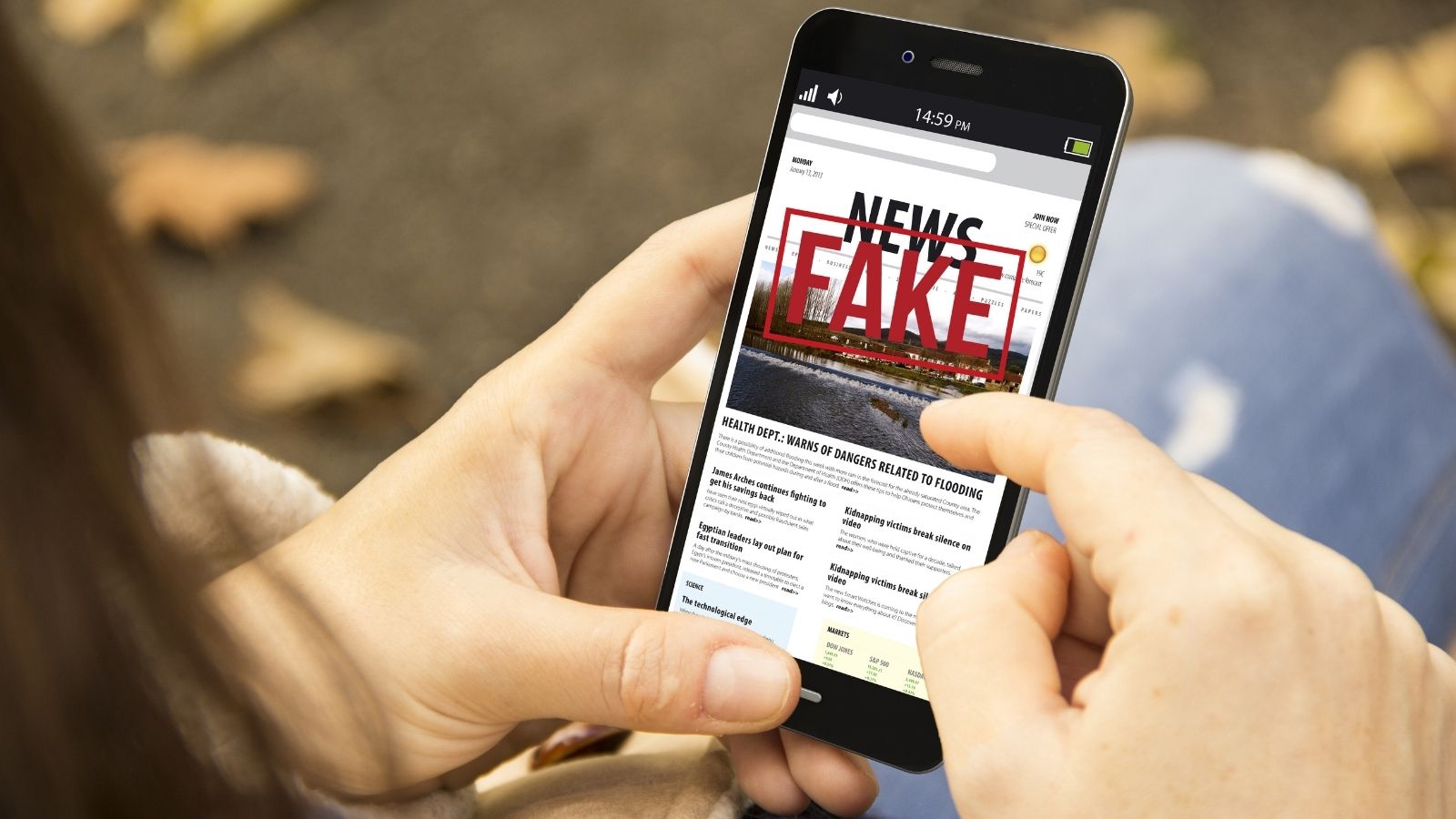
A serious concern is the growing amount of false information and fake news on social media. Misinformation can cause panic attacks, false thoughts, and even dangerous actions. To avoid this issue, logical thinking and fact-checking information before sharing it are vital.
Sleep Disruption

Excessive use of social media, especially right before bed, could cause problems with sleep cycles. Screens emit blue rays that disrupt melatonin production, making it more difficult to fall asleep.
Try not to use any device before sleeping, and set a time limit for how much you use the internet. It can help improve sleeping habits.
FOMO (Fear of Missing Out)
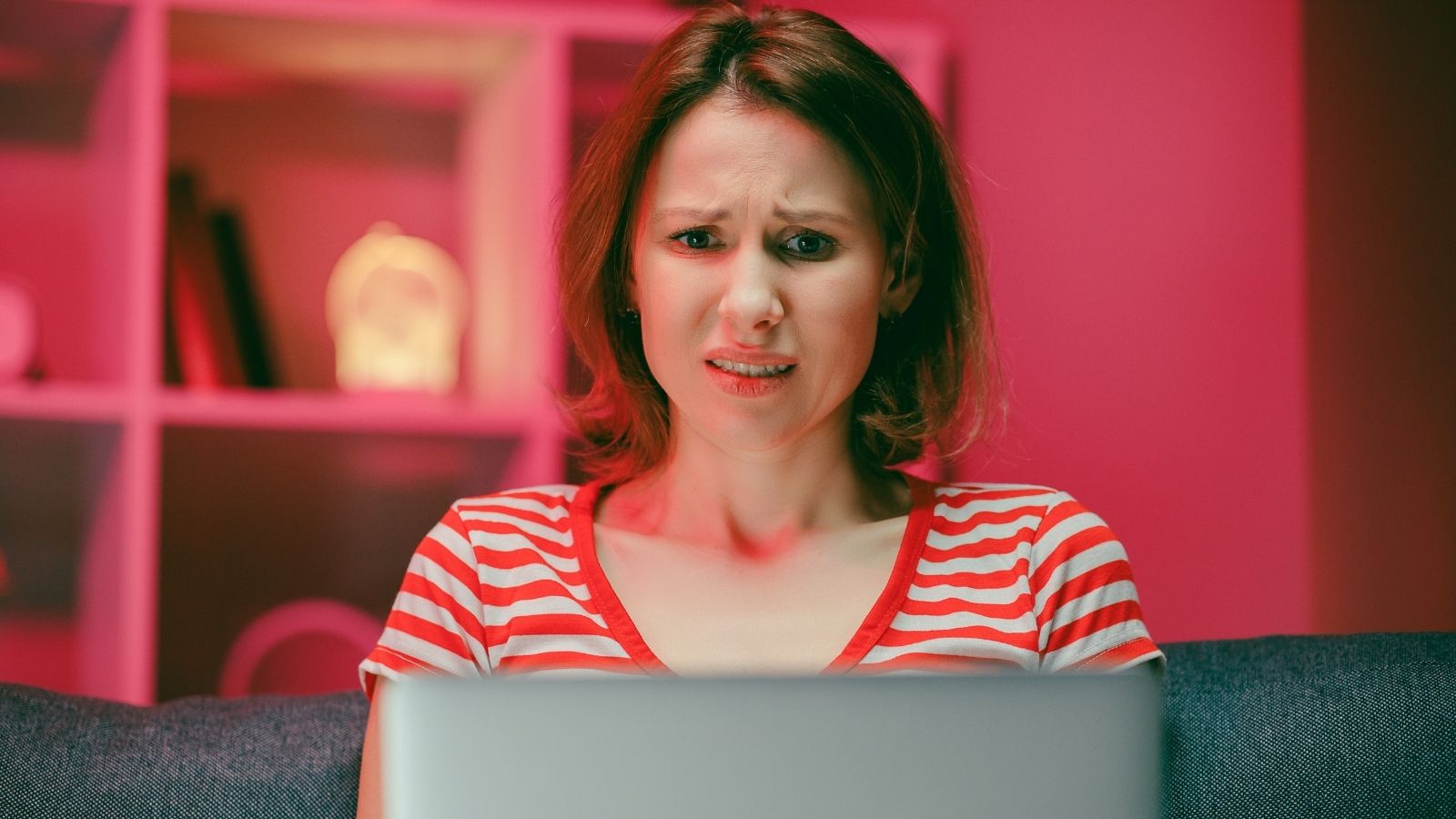
FOMO, or the fear of missing out, can be brought on by other people’s perfect lives, which are not often true and are faked on social media.
Nevertheless, feelings of dissatisfaction, jealousy, and discontent with one’s own life can result from this. It’s necessary to keep in mind that social media often offers a different, rather than a complete, view of reality.
Reduced Face-to-Face Interactions
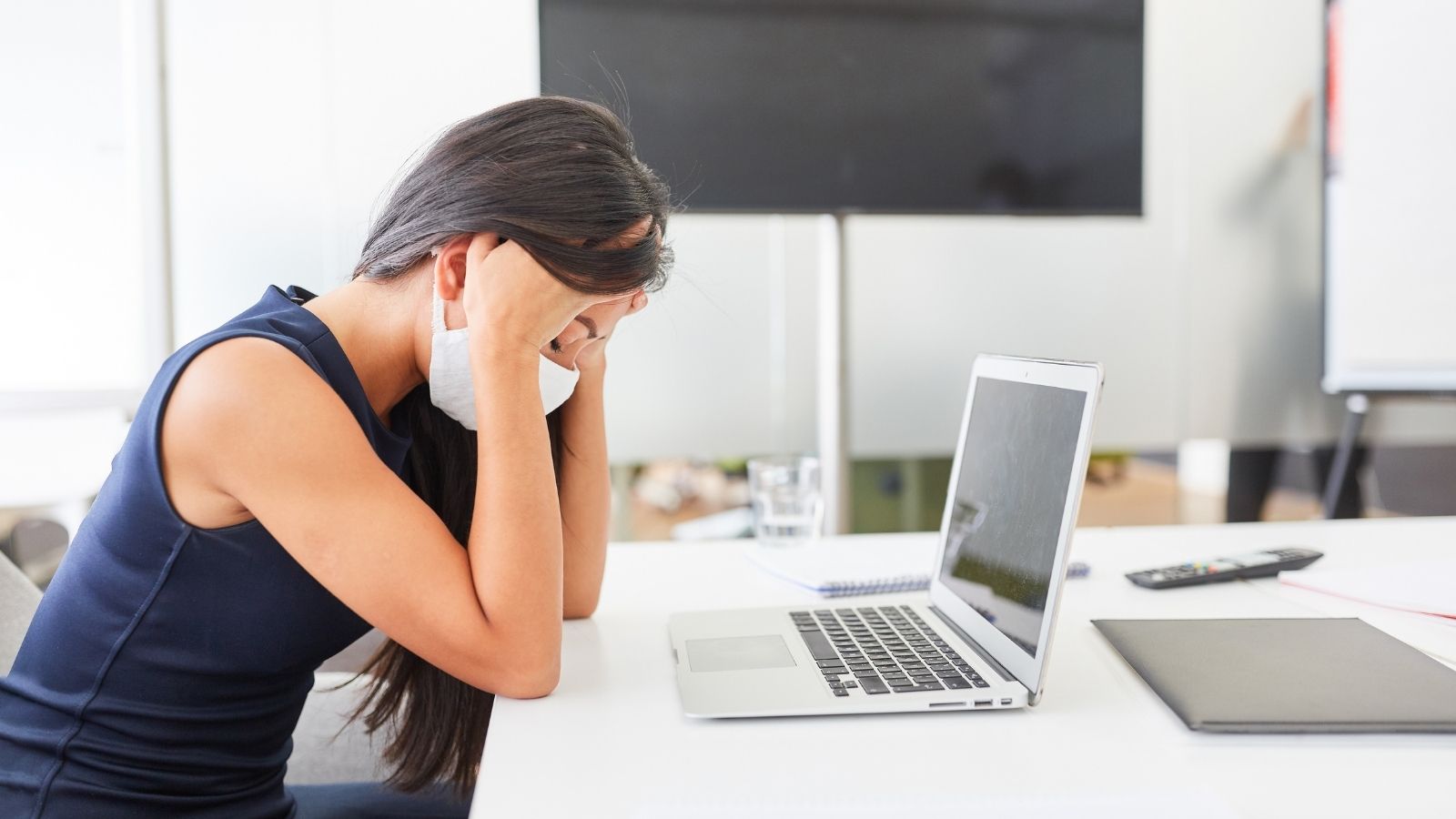
Social media grants us online interactions but may also sometimes pull us away from real-life connections. Too much dependence on online interactions could lead to feelings of loneliness and social skill loss. Maintaining healthy relationships requires finding a balance between online and real-life interactions.
Influence on Self-Esteem
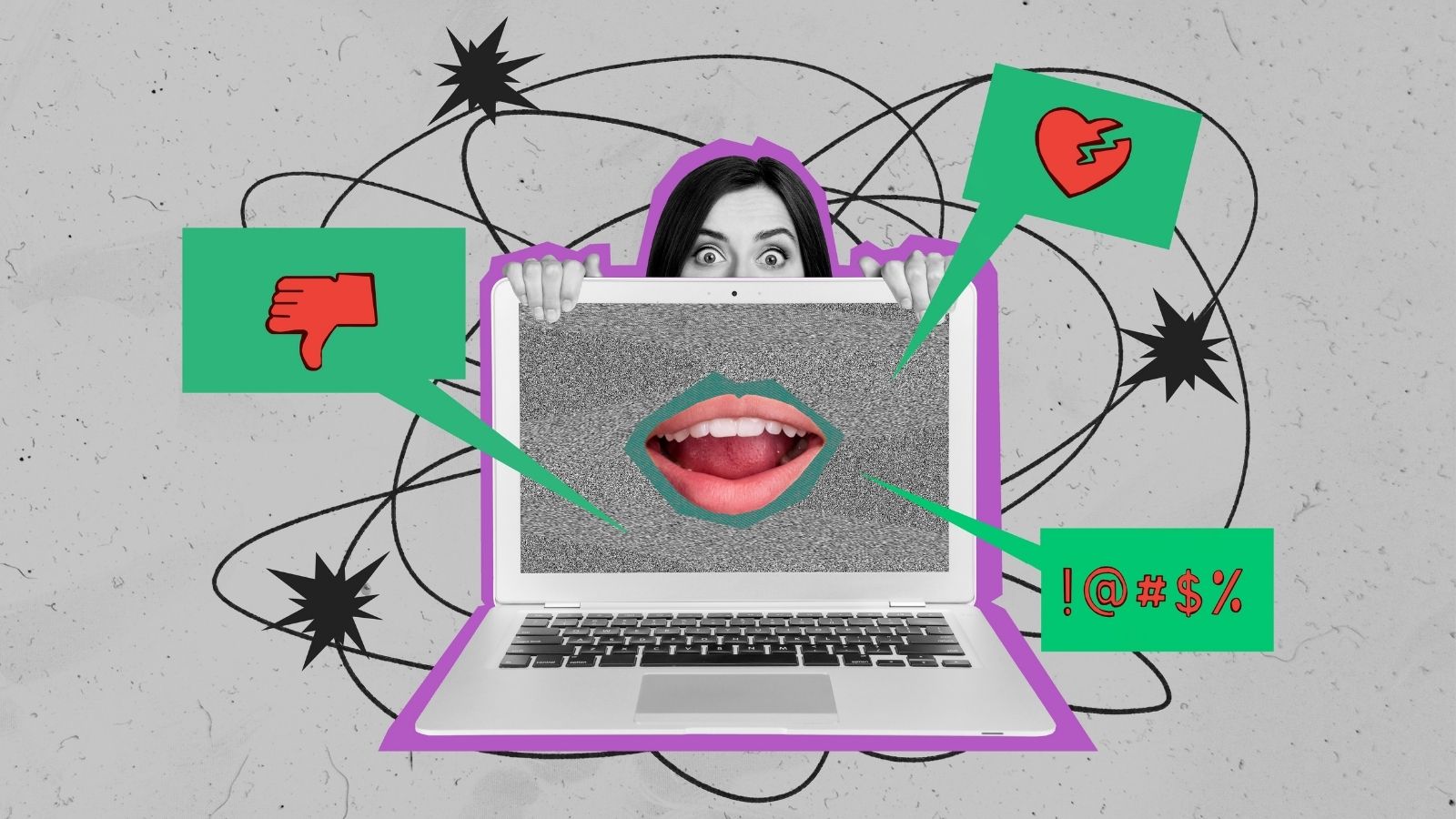
Internet usage can seriously damage self-confidence, especially in young people. One risk factor that causes a constant need for validation is the desire to get likes and followers. Promoting offline activities that improve confidence and develop self-awareness is crucial for mental health.
Impact on Body Image

The large number of photos that have been edited and filtered on social media could worsen problems with body image and unnecessary beauty standards.
Unhealthy habits like eating disorders such as binge eating and overexercising may result from this. Body positivity and knowledge of media should be taught to prevent these consequences.
Distraction and Reduced Productivity

Social media use can be distracting, lowering performance at work and in the classroom. Constant notifications and the urge to check for changes can make it difficult to concentrate and reduce productivity.
Techniques like scheduling social media time and turning off notifications when working or otherwise reducing distractions can increase productivity.
Social Comparison

While comparing oneself to others is a regular human habit, social media makes it more common. Comparison weariness can result in melancholy, jealousy, and feelings of inferiority.
The adverse effects of social comparison can be lessened by cultivating gratefulness and prioritizing personal development.
Negative Influence on Relationships

Social media can lead to misunderstandings and conflicts in relationships with others. Relationship tension may result from miscommunication, oversharing personal information, and publicizing private things. Healthy relationships can be preserved by having open lines of communication and limiting social media use.
Exposure to Inappropriate Content
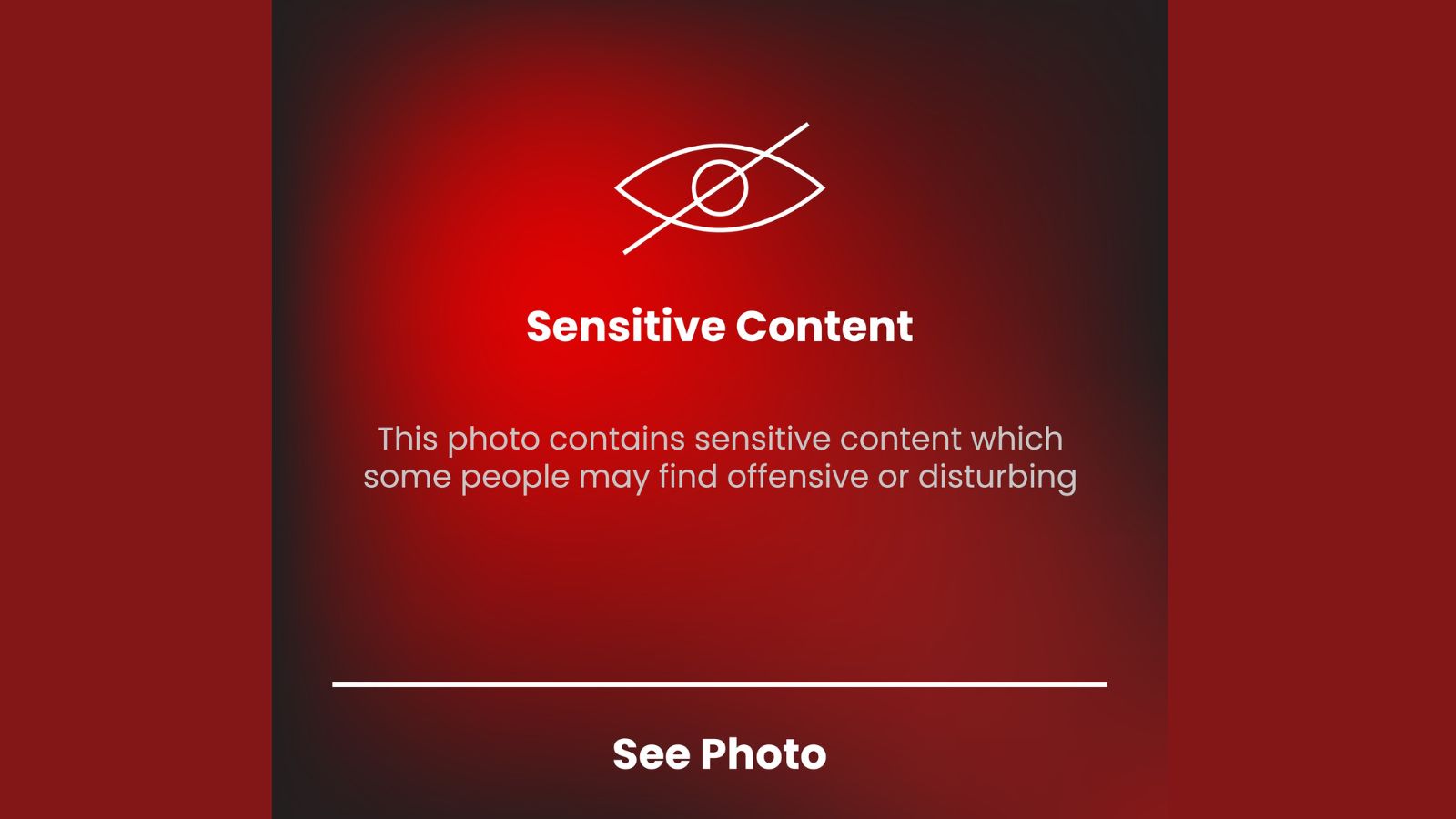
Teenagers and children are more prone to being exposed to inappropriate content on social media. This includes offensive, violent, and sexual stuff that can impair their growth. Young users can be protected by using platform-specific security measures and monitoring by parents.
Health Risks from Sedentary Behavior

Spending too much time on social media usually makes one dull and lazy. Then such people spend more time sitting and less time exercising. Weight gain, heart disease, and diabetes are some of the health problems that this lack of activity can cause. It’s significant for health that daily routines include regular physical activity.
Influence on Consumer Behavior

Social media is a powerful tool for marketers. It influences our purchasing decisions and consumer behavior, which can result in financial stress and reckless buying. Being aware of these marketing tactics and making smart decisions can help maintain financial health.
Conclusion
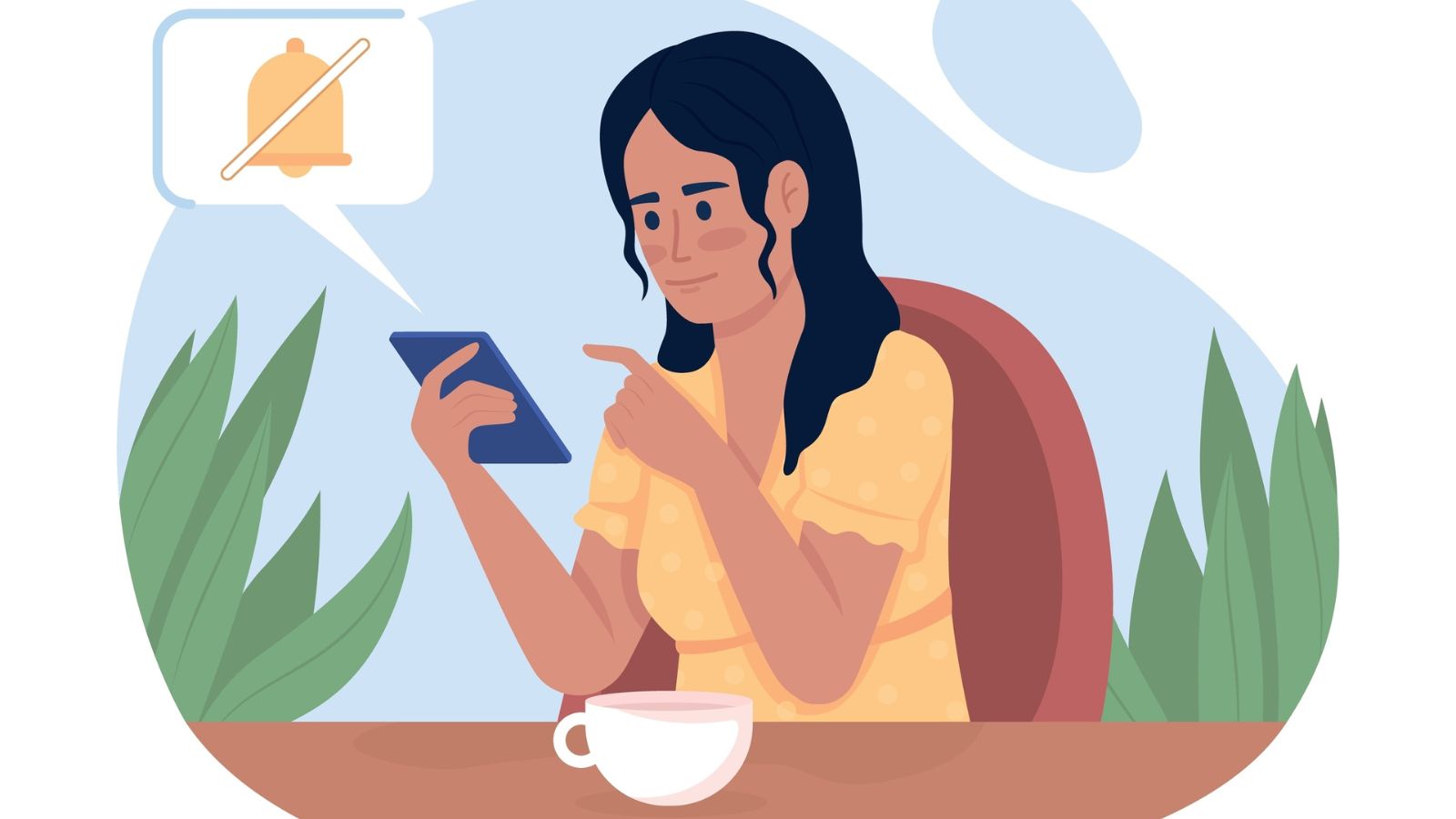
Despite social media’s many advantages, there are certain hidden dangers to be aware of. We may use social media to improve rather than destroy our lives. By being aware of these dangers and striving to reduce them, we can use social media to improve our lives rather than harm them.
Maintaining our overall health requires finding a balance between our online and offline lives. Remember to do so carefully and sensibly the next time you browse your feed.
